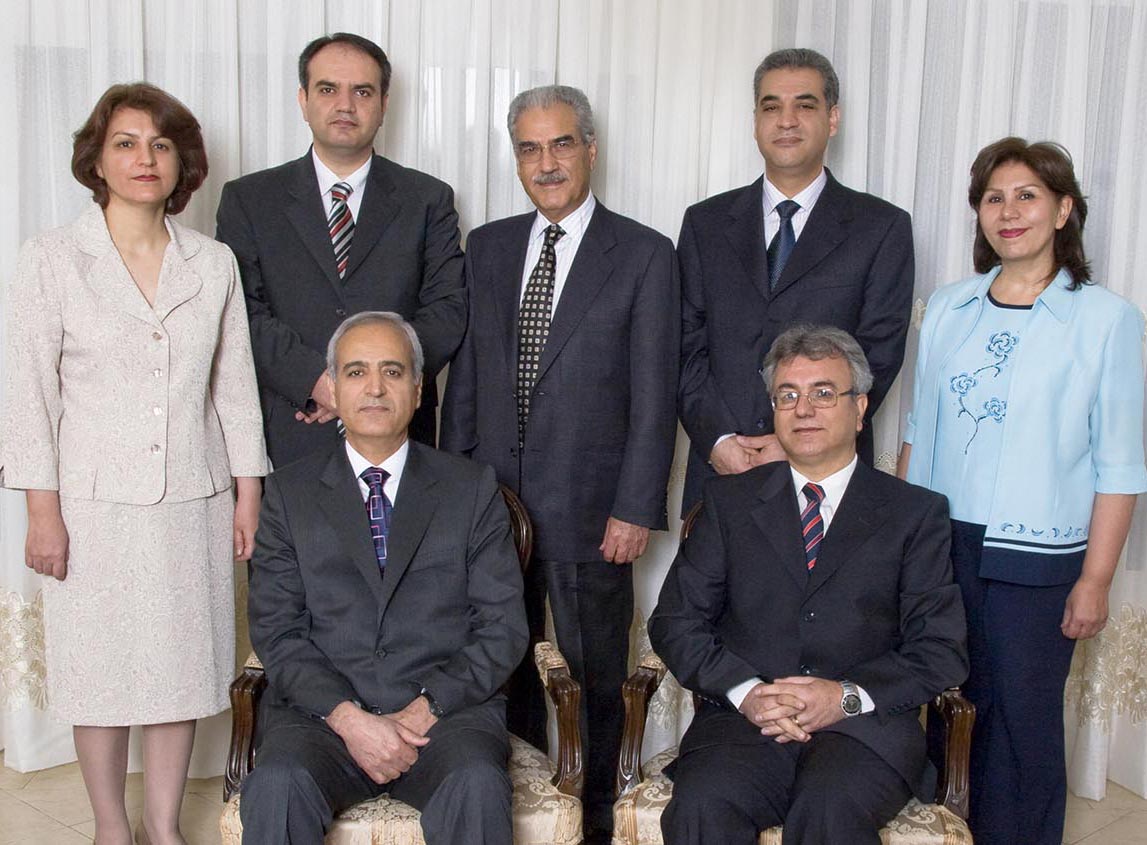
The lawyers for seven imprisoned Baha’i leaders in Iran have been told by authorities that the next session of their clients’ trial is scheduled for 7 February.
A spokesperson for the Australian Baha’i Community, Tessa Scrine, said today that the world will be closely watching when the trial resumes.
“There was an international outcry at the unfair first session on 12 January in Tehran when defence lawyers were obstructed and neutral observers excluded from the courtroom,” Ms Scrine said.
“The failure of the authorities to follow the internationally-accepted rules for fair trials will mean a close scrutiny of the procedures and outcomes of the next session,” she said.
The Australian Government together with counterparts throughout the world have called for the trial to be fair.
“We urge the Iranian Government (to ensure) that any trial be fair and transparent and conducted in accordance with Iran’s international obligations,” a spokesperson for the Australian Department of Foreign Affairs and Trade said last week.
Charges rejected
A spokesperson for the Baha’i International Community, Diane Alai, said today that little was known of what happened in the court on 12 January except that the seven innocent Baha’is firmly rejected all the charges against them.
The charges against the seven, according to accounts in government-sponsored news media, were: espionage, “propaganda activities against the Islamic order,” the establishment of an “illegal administration,” cooperation with Israel, sending secret documents outside the country, acting against the security of the country, and “corruption on earth.”
Relatives in Australia
Four of the seven defendants, Mrs Fariba Kamalabadi, Mr Saeid Rezaie, Mrs Mahvash Sabet, and Mr Behrouz Tavakkoli, have close relatives in Australia.
The other defendants are Mr Jamaloddin Khanjani, Mr Afif Naeimi, and Mr Vahid Tizfahm.
All but one of the group were arrested on 14 May 2008 at their homes in Tehran. Mrs Sabet was arrested on 5 March 2008 while in Mashhad. They have been held in Tehran’s Evin prison ever since, spending their first year there without formal charges or any access to lawyers.
Read report in Baha’i World News Service
